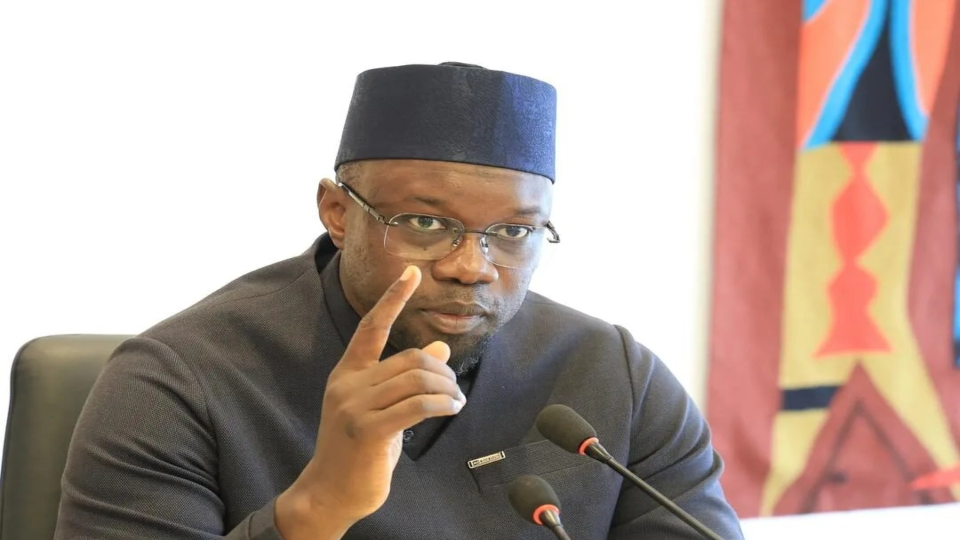Senegal Bonds Plummet as Prime Minister Sonko Vows to Slash Electricity and Fuel Costs for Citizens
Dakar, Senegal - Senegal's international bonds tumbled sharply on Tuesday after Prime Minister Ousmane Sonko outlined an ambitious economic recovery plan centered on slashing electricity and fuel prices for ordinary citizens. The strategy, which emphasizes domestic funding sources to avoid piling on more debt, triggered immediate jitters among global investors already watching closely as an International Monetary Fund team negotiates a fresh loan package in the capital.
The sell-off hit Senegal's dollar and euro-denominated bonds hardest, with losses reaching up to 2 cents per unit in midday trading. Leading the decline was the 2028 euro bond, which shed a full 2 cents to trade at 82.88 cents on the euro - its weakest level in recent sessions. Other maturities followed suit, reflecting broader unease over the government's bold fiscal maneuvers.
Traders pointed directly to Sonko's public commitment to drive down energy expenses for households and businesses. This pledge comes at a delicate moment: the IMF has been urging Dakar to rein in lavish energy subsidies that have ballooned the budget deficit and strained public finances.
In a high-stakes push to revive Senegal's economy, Prime Minister Sonko detailed a comprehensive recovery framework late last week. Key pillars include:
- Targeted Energy Price Reductions: Immediate cuts to electricity tariffs and fuel levies, designed to ease the burden on everyday Senegalese families grappling with high living costs.
- Zero New Debt Reliance: All initiatives funded through local revenue streams, such as optimized tax collection, state asset sales, and efficiency gains in public spending - a stark departure from traditional borrowing.
- Subsidy Overhaul Without Pain: While trimming overall subsidy outlays to appease international lenders, the plan promises net lower costs for consumers via smarter allocation and production boosts.
This builds on an initial roadmap unveiled by Sonko during a major address in Dakar on August 1, positioning his administration as a champion of self-reliant growth amid global headwinds.
Adding fuel to the fire, a high-level IMF delegation arrived in Dakar this week for marathon discussions on a potential new multi-year loan facility. The Fund has repeatedly flagged Senegal's energy support programs as unsustainable, projecting that debt servicing costs could surge without swift reforms.
Sonko's defiant stance - lowering user prices even as subsidies shrink - underscores a tightrope walk. The government aims to thread the needle: satisfy IMF demands for fiscal discipline while delivering tangible relief to voters who propelled his Pastef party to power earlier this year.
Senegal's economy, Africa's fastest-growing in recent years thanks to oil and gas windfalls, now faces mounting pressures. Inflation has eroded purchasing power, youth unemployment simmers, and the energy sector - pivotal with new offshore fields coming online - demands billions in upfront investment.
Investors fear that Sonko's domestic-first approach could sideline critical IMF backing, risking a credit downgrade and higher borrowing costs down the line. "It's a populist pivot at the worst possible time," one London-based fund manager noted anonymously, echoing sentiments rippling through trading floors.
As bond yields spike and the cedi's cousins in West Africa watch nervously, all eyes turn to the IMF mission's readout, expected within days. Success could unlock billions in low-cost financing; failure might force Sonko to recalibrate his no-debt vow.
For now, Senegal's markets signal deep skepticism. The 2028 bond's plunge is more than a blip - it's a stark warning that promises of cheaper power must square with the arithmetic of austerity.


